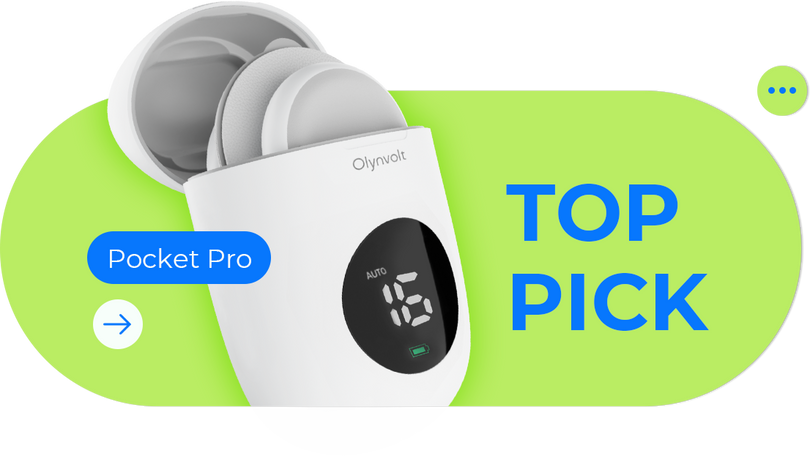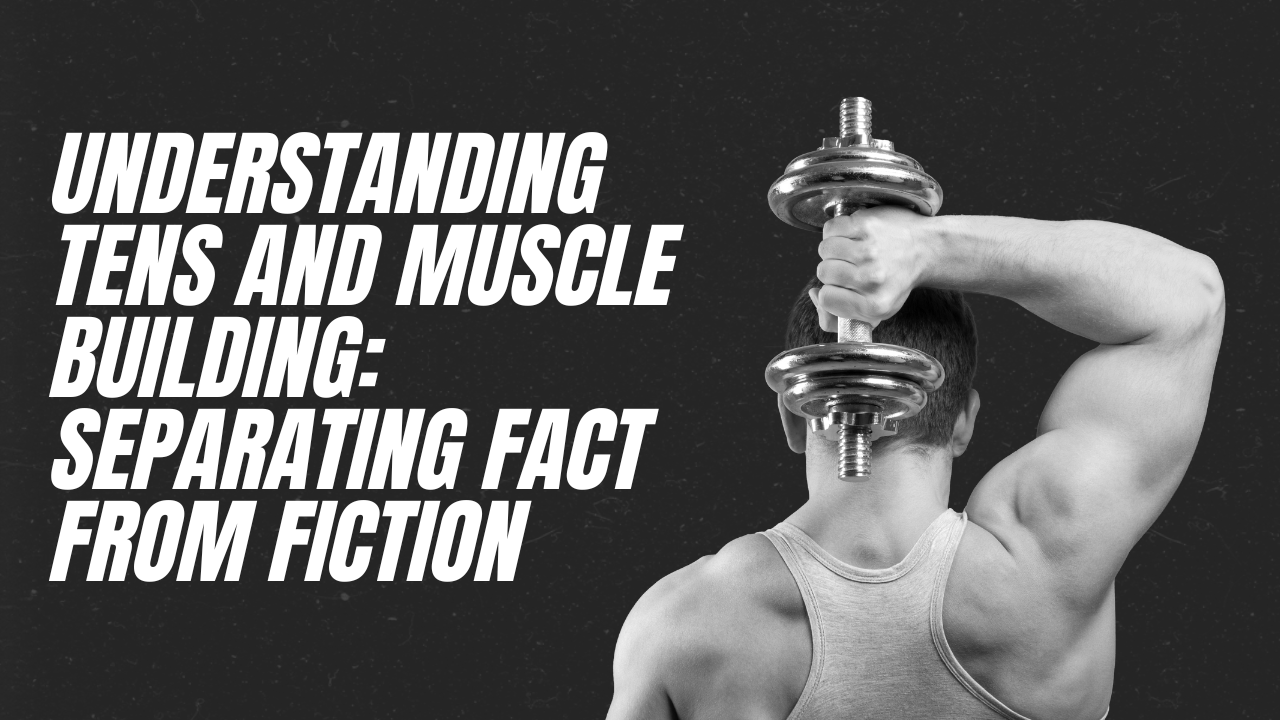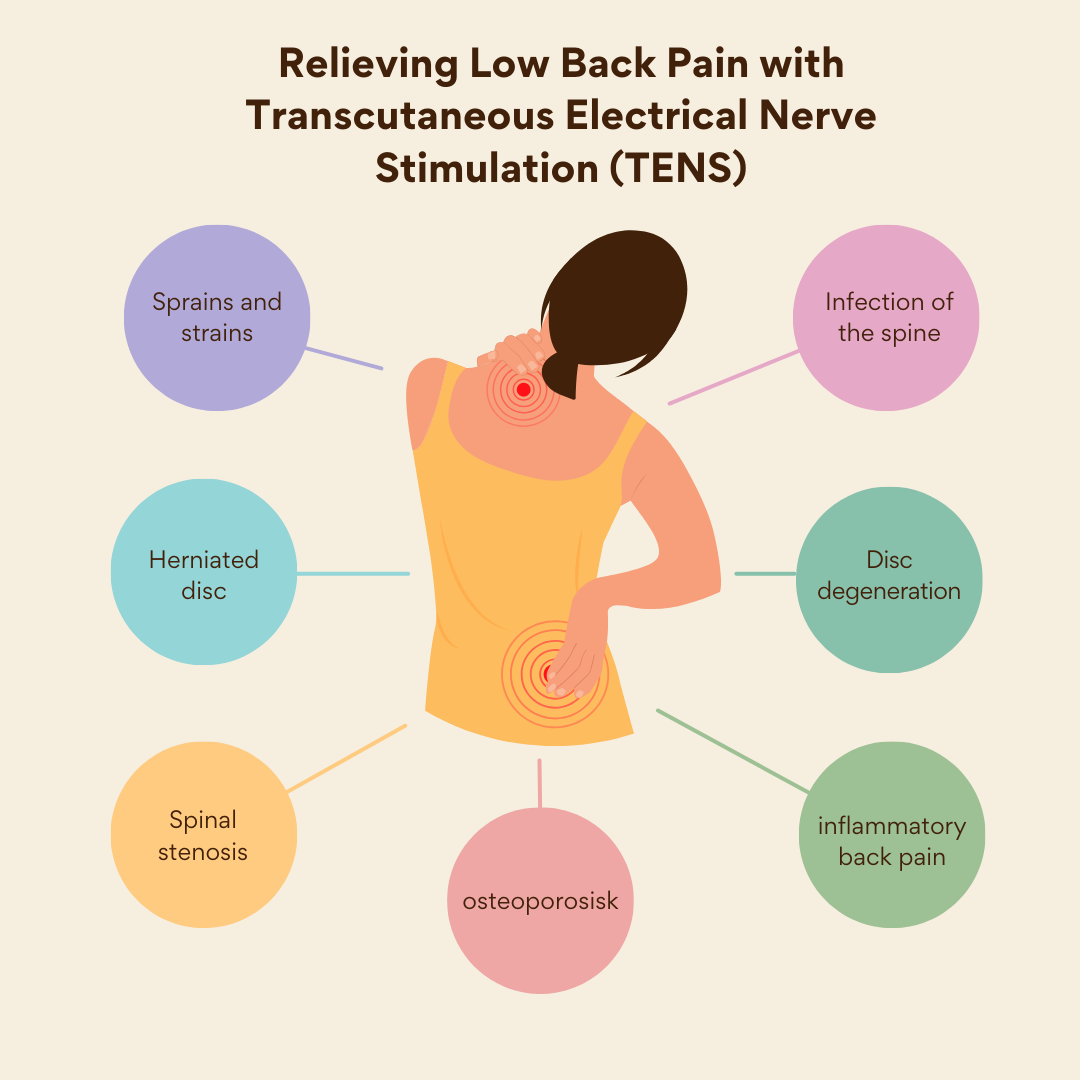Understanding TENS Machines and Weight Loss: The Facts You Need
If you've been exploring the world of wellness and pain management, you might have come across TENS machines, which stand for Transcutaneous Electrical Nerve Stimulation. These devices are well-known for their ability to provide relief from various types of pain, but can they be used for weight loss too? In this article, we'll delve into the connection between TENS machines and weight loss and address the common misconceptions.
What Are TENS Machines?
Before discussing their relationship with weight loss, let's understand what TENS machines do.
TENS machines use electrical stimulation to target specific nerves and alleviate pain. By delivering controlled electrical impulses through electrode pads placed on the skin, they can block or modify pain signals sent to the brain. TENS therapy is often used for conditions like chronic pain, muscle soreness, and injury recovery.
The Role of TENS Machines in Weight Loss
While TENS machines offer several health benefits, they are not a tool for direct weight loss. These devices primarily target pain management and don't stimulate weight loss on their own.
Common Misconceptions
Several misconceptions contribute to the idea that TENS machines can be used for weight loss:
1. Muscle Stimulation Equals Weight Loss: One common belief is that the muscle contractions induced by TENS machines lead to calorie burning and, subsequently, weight loss. While TENS can stimulate muscles, the amount of energy expended through this process is minimal and not significant enough to result in weight loss.
2. Appetite Suppression: Some think that TENS therapy may suppress appetite, leading to reduced calorie intake and eventual weight loss. However, there is no scientific evidence to support this claim.
3. Spot Reduction: TENS machines are not designed for spot reduction. Fat loss occurs systematically throughout the body, primarily through changes in diet and exercise.
The Real Factors in Weight Loss
To achieve weight loss, it's crucial to focus on well-established factors:
1. Diet: Weight loss primarily depends on calorie intake versus calorie expenditure. A balanced, calorie-controlled diet is essential.
2. Physical Activity: Regular exercise is a key component of weight loss. It boosts metabolism, burns calories, and promotes muscle growth.
3. Lifestyle Choices: Factors like sleep, stress management, and hydration play roles in overall health, which can indirectly affect weight.
The Bottom Line
In summary, a TENS machine is not a direct tool for weight loss. Its primary purpose is pain management and improving overall well-being. While it may indirectly support weight loss by helping individuals manage discomfort and stay active, it's not a standalone solution for shedding pounds.
For effective weight management, consider adopting a balanced diet and an active lifestyle, and consult with a healthcare professional for personalized advice.





